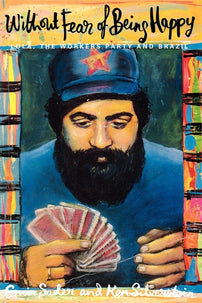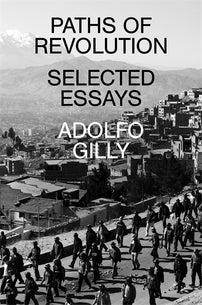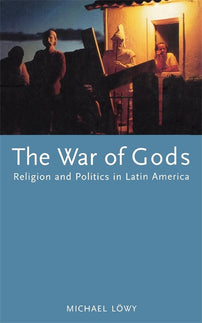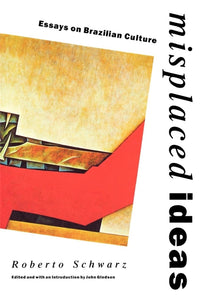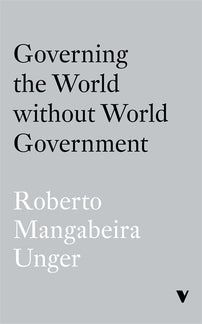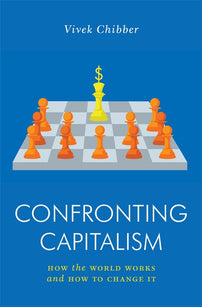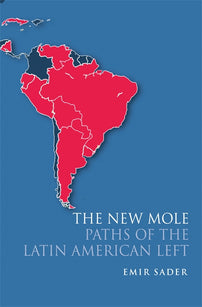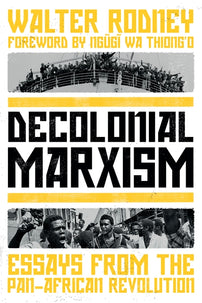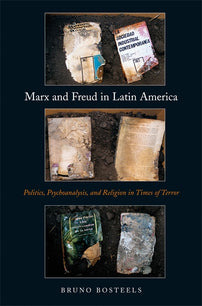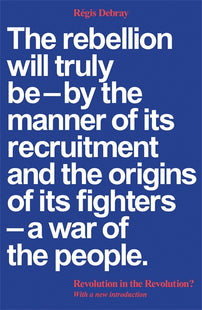Congratulations Lula!
With the victory of Lula in Brazil, we give you 12 books for both understanding Brazil and Latin American, as well as books to continue the struggle elsewhere.
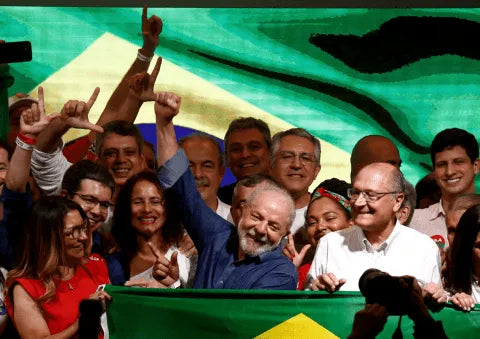
The classic book on The Brazilian Workers Party, the most important political formation to emerge in Latin America for many years. Under the charismatic leadership of an ex-metalworker and union official, Luis Inácio da Silva, known simply as “Lula” by the Brazilian masses, the Workers Party won 31 million votes to come within three per cent of winning the 1989 presidential election on a bold anti-capitalist platform.
[book-strip index="2" style="buy"]Always something of a world unto itself, Brazil became, under the Workers’ Party from 2003 to 2016, “the theatre of a socio-political drama without equivalent in any other major state.” Bucking the global trend towards a tighter neoliberalism, former steelworker Luiz Inácio Lula da Silva swept aside the broken promises of previous years to invest in social transfers, defying vituperations in the Brazilian media to become the most popular ruler of the age.
[book-strip index="3" style="buy"]A living link between the New Left of the 1960s and the Pink Tide of recent decades, Gilly once described the twentieth century as a series of lightning flashes which can illuminate our present-day predicament. The essay form is where he fully comes into his own, covering a truly impressive range of topics and places. This collection draws out the continuities within one of the world’s more vibrant and politically successful left traditions.
[book-strip index="4" style="buy"]The War of Gods traces the intimate relationship between religion, politics and social issues in Latin America over the last three decades, as liberation theology has reinterpreted the vocation of the Catholic Church and as Protestantism has made inroads on traditional Catholic strongholds.
[book-strip index="5" style="buy"]How can Latin Americans understand their past? Do ideologies which have been imported from Europe necessarily distort their view, or is that to underrate the power and objectivity of the ideas themselves? These questions are at the heart of this selection of essays, spanning twenty years of critical work on history, culture and identity, by one of the foremost Latin American intellectuals of our time. Roberto Schwarz’s writings have had a profound effect throughout Latin America. This is the first volume of those writings to appear in English.
[book-strip index="6" style="buy"]The world does not need a world government to govern itself. Roberto Mangabeira Unger argues that there is an alternative: to build cooperation among countries to advance their shared interests. We urgently need to avert war between the United States and China, catastrophic climate change, and other global public harms. We must do so, however, in a world in which sovereign states remain in command.
[book-strip index="7" style="buy"]A leader of Latin America’s powerful new women’s movement rethinks the meaning of feminist politics
Recent years have seen massive feminist mobilisations in virtually every continent, overturning social mores and repressive legislation. As women filled the streets of Argentina and Madrid, of Italy and Poland, they’ve transformed the meaning of radical politics and the grammar of various struggles. Gago’s feminism is a powerful call to abandon the rhetoric of victimisation, and to instead mount a frontal challenge to both neo-liberal rule and the conservative counteroffensive. Feminist International asks what another theory of power might look like, one premised on our desire to change everything.
[book-strip index="8" style="buy"]Vivek Chibber provides a clear and accessible map of how capitalism works, how it limits the power of working and oppressed people, and how to overcome those limits. Chibbers argues that every meaningful victory for working people has been won through collective struggle and shows some of the historical attempts to build socialism and presents a vision of how we might, perhaps against the odds, build a socialist future.
[book-strip index="9" style="buy"]The New Mole is a major new analysis of recent developments in Latin American politics by one of the continent’s leading political thinkers. Emir Sader explains the resurgence of radicalism in terms of the region’s history and explores its theoretical underpinning. The book is unusual in combining succinct judgments with broad chronological and geographical sweep—covering a period running from the early twentieth century to the present and detailing the political interplay between nations.
[book-strip index="10" style="buy"]Early in life, Walter Rodney became a major revolutionary figure in a dizzying range of locales that traversed the breadth of the Black diaspora: in North America and Europe, in the Caribbean and on the African continent. He not only witnessed a Pan-African and socialist internationalism; in his efforts to build mass organisations, catalyse rebellious ferment, and theorise an anti-colonial path to self-emancipation, he can be counted among its prime authors.
[book-strip index="11" style="buy"]This book assesses the untimely relevance of Marx and Freud for Latin America, thinkers alien to the region who became an inspiration to its beleaguered activists, intellectuals, writers and artists during times of political and cultural oppression.
[book-strip index="12" style="buy"]Revolution in the Revolution? is a brilliant, pragmatic assessment of the situation in Latin America in the 1960s. First published in 1967, it became a controversial handbook for guerrilla warfare and revolution, read alongside Che’s own pamphlets, with which it can compete in terms of historical importance and insight to this day.

